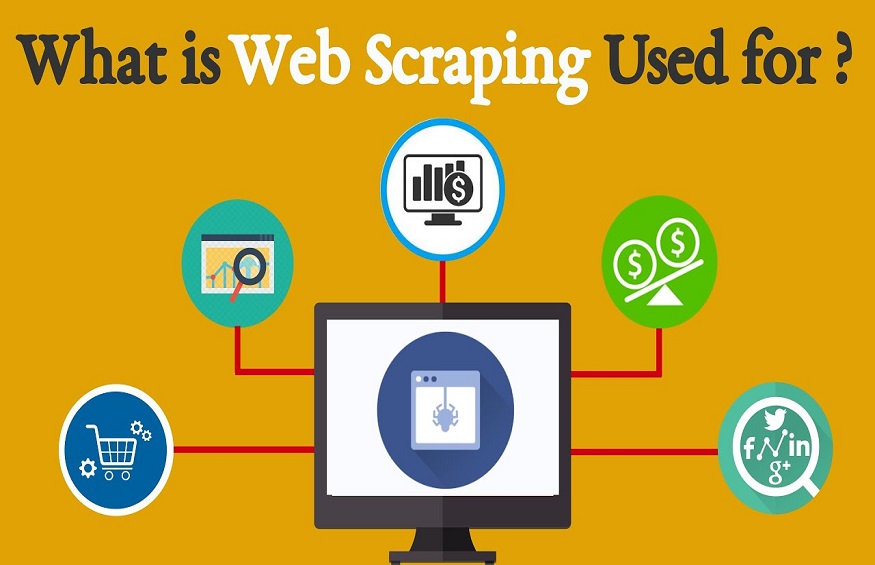With unprecedented data communicated each day on the Internet, there comes a need to gather and statistically analyse them in a less complex manner.
WHAT IS W EB SCRAPING?
In a more technical sense, this approach is called Web scraping — specific data mined by way of delving into targeted websites to run qualitative analytics automatically with the information available.
The process usually involves classes known as ‘spiders’ using languages like Python after which is stored in a specific format.
Whether you’re part of an existing business or an initiative wanting to do some close monitoring, web scraping has a broadened scope of use cases.
Further, let’s consider what’s good and not so good about this emerging tactic with big data.
THE GOOD
- Helps with better online reputation decisions
If you have an ORM strategy laid out for your brand, the results of the data you scrap offers a precise breakdown of both; the type of audience it can positively affect and the possibilities of harming your business in such a vulnerable online space.
● Price comparisons made easy
You could also make price comparisons with e-retailers such as Amazon including the
latest discounts and pricings on a regular basis.
● Strong SEO tracking enabled
To follow up on broken links and keep abreast of your consumer’s behaviour, ratings together with tracking competitor movements as opposed to your marketing strategy, scraping can be a very effective alternative.
● With scraping comes insightful innovation
Unlike traditional methods, scraping generates quick innovation research where discovery/testing of patterns and ideas to create new products are established. This increases the chance for greater value proposition as an essentially powerful brand message.
THE UGLY
- More time, more cost, more hardware
Depending on the quality of the scraper, you may have to invest in prices that won’t sound so comfortable. This, however, covers your request for lists to be delivered with competence, extra server usage for crawling while ensuring a smooth transition into your system. And that’s not all. Websites never stop updating their UI, hence posing challenges for building and maintenance.
● One does not only stay in one’s own lane
As much as it’s allowed to scrap your own websites freely, lifting someone else’s hidden content off their website without consent may be perceived as abusing intellectual property, if your purposes aren’t ethical — which can become a serious offense thereafter.
● Captcha means gotcha in the blacklist
Website owners are adept at keeping the spam away from web crawlers bots. This can happen in the form of extensive layers of captchas, honeypot traps and other defense setups which consume a lot of time in order to pass through with the support of a middleware, too.
TO WRAP UP
By having a clear understanding of what web scraping is and the beneficial power it affords for business markups, we are more aware of looking into ways that can in fact tackle what may fall as maliciously undermining in machine learning as a next step.




